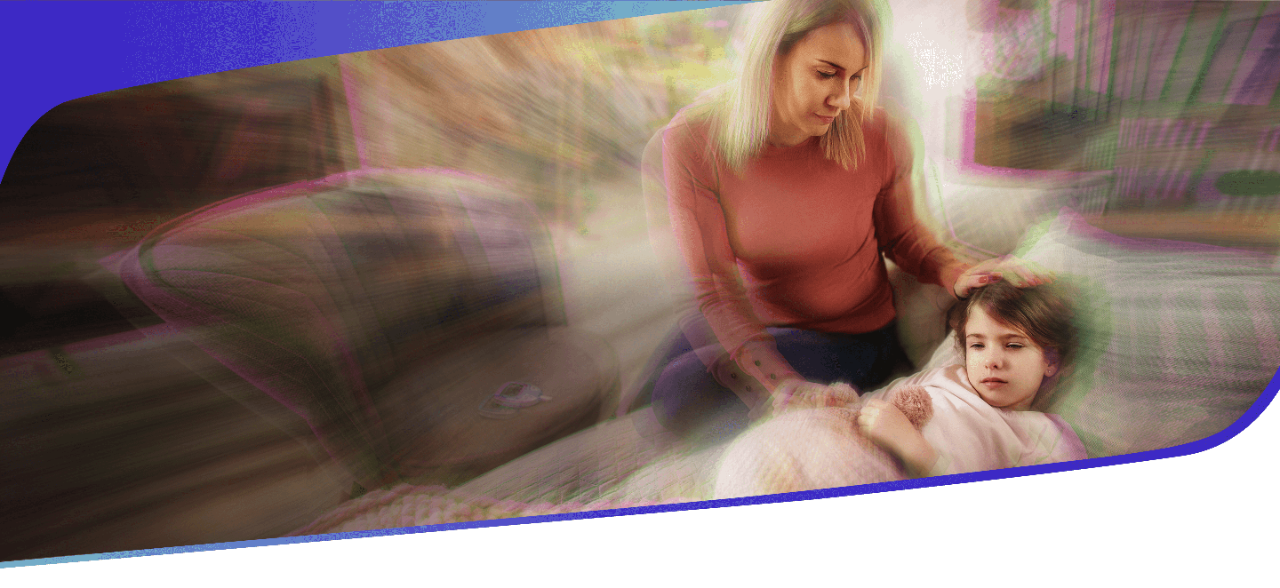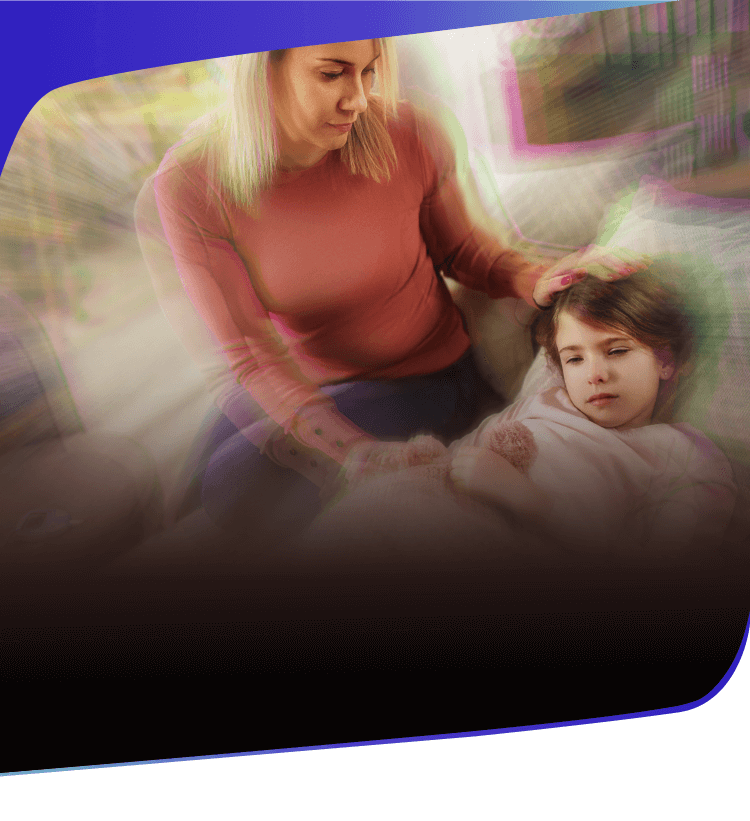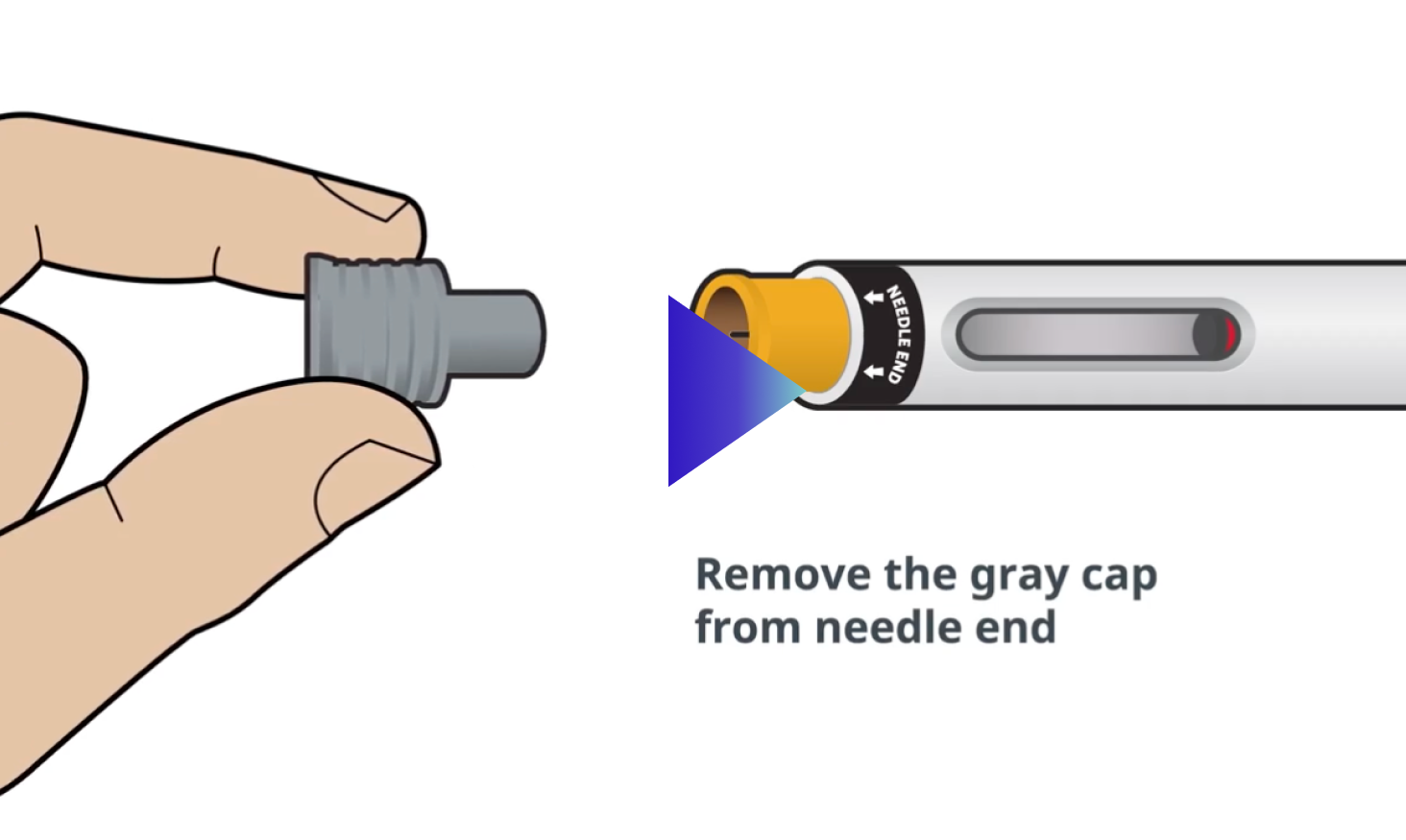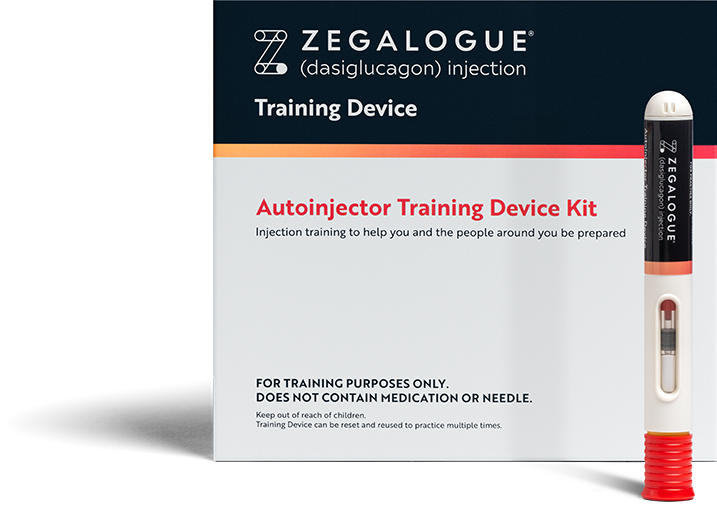

A RAPID RESCUE TREATMENT
ARE YOUR PATIENTS
PREPARED FOR THE
MOMENTS THAT MATTER?
ZEGALOGUE® is indicated for the treatment of severe hypoglycemia in adults and children with diabetes aged 6 years and older.1
Actor portrayals;
before administration.
Primary Efficacy End Point:
MEDIAN TIME TO PLASMA GLUCOSE RECOVERY1
ACROSS 3 CLINICAL TRIALS* (p<0.001 VS PLACEBO)


PLACEBO



Study design
The efficacy of ZEGALOGUE® was demonstrated in 3 randomized, double-blind, placebo-controlled, multicenter clinical trials (Trials A, B, and C) in patients with type 1 diabetes. Trial A (N=170) and Trial B (N=45) were conducted in adult patients. Trial C (N=42) was conducted in patients aged 6-17 years. In all 3 trials, patients were randomized to receive subcutaneous doses of either ZEGALOGUE® 0.6 mg, placebo, or (in Trials A and C) glucagon for injection 1.0 mg following controlled insulin-induced hypoglycemia. The primary end point for all 3 trials was time to plasma glucose recovery (treatment success), defined as an increase in blood glucose of ≥20 mg/dL from time of administration of study drug, without additional intervention within 45 minutes. Secondary end points included assessments of plasma glucose recovery at multiple time points following ZEGALOGUE® injection. The primary hypothesis test was superiority of ZEGALOGUE® versus placebo.1


Be ZEGALOGUE® ready
Available in a single-dose prefilled syringe and a compact autoinjector.1


No reconstitution needed for at-home or on-the-go administration.
Images are not actual size. For illustrative purposes only.

Resources

Review the Instructions For Use for ZEGALOGUE®

ZEGALOGUE® Savings Offer
If your patients have commercial insurance (for example, insurance they receive through an employer), they may be eligible to save on ZEGALOGUE®.†


Important Safety Information for ZEGALOGUE®
Contraindications
ZEGALOGUE® is contraindicated in patients with pheochromocytoma because of the risk of substantial increase in blood pressure and in patients with insulinoma because of the risk of hypoglycemia.
Warnings and Precautions
- ZEGALOGUE® is contraindicated in patients with pheochromocytoma because glucagon products may stimulate the release of catecholamines from the tumor. If the patient develops a substantial increase in blood pressure and a previously undiagnosed pheochromocytoma is suspected, 5 to 10 mg of phentolamine mesylate, administered intravenously, has been shown to be effective in lowering blood pressure.
- In patients with insulinoma, administration of glucagon products may produce an initial increase in blood glucose; however, ZEGALOGUE® administration may directly or indirectly (through an initial rise in blood glucose) stimulate exaggerated insulin release from an insulinoma and cause hypoglycemia. ZEGALOGUE® is contraindicated in patients with insulinoma. If a patient develops symptoms of hypoglycemia after a dose of ZEGALOGUE®, give glucose orally or intravenously.
- Allergic reactions have been reported with glucagon products; these include generalized rash, and in some cases anaphylactic shock with breathing difficulties and hypotension. Advise patients to seek immediate medical attention if they experience any symptoms of serious hypersensitivity reactions.
- ZEGALOGUE® is effective in treating hypoglycemia only if sufficient hepatic glycogen is present. Patients in states of starvation, with adrenal insufficiency or chronic hypoglycemia may not have adequate levels of hepatic glycogen for ZEGALOGUE® administration to be effective. Patients with these conditions should be treated with glucose.
Adverse Reactions
- The most common adverse reactions (≥2%) associated with ZEGALOGUE® in adults were nausea, vomiting, headache, diarrhea and injection site pain; in pediatrics: nausea, vomiting, headache and injection site pain.
Drug Interactions
- Patients taking beta-blockers may have a transient increase in pulse and blood pressure when given ZEGALOGUE®. In patients taking indomethacin, ZEGALOGUE® may lose its ability to raise blood glucose or may produce hypoglycemia. ZEGALOGUE® may increase the anticoagulant effect of warfarin.
Please click here for ZEGALOGUE® Prescribing Information.
Important Safety Information for ZEGALOGUE®
Contraindications
ZEGALOGUE® is contraindicated in patients with pheochromocytoma because of the risk of substantial increase in blood pressure and in patients with insulinoma because of the risk of hypoglycemia.
Warnings and Precautions
- ZEGALOGUE® is contraindicated in patients with pheochromocytoma because glucagon products may stimulate the release of catecholamines from the tumor. If the patient develops a substantial increase in blood pressure and a previously undiagnosed pheochromocytoma is suspected, 5 to 10 mg of phentolamine mesylate, administered intravenously, has been shown to be effective in lowering blood pressure.
- In patients with insulinoma, administration of glucagon products may produce an initial increase in blood glucose; however, ZEGALOGUE® administration may directly or indirectly (through an initial rise in blood glucose) stimulate exaggerated insulin release from an insulinoma and cause hypoglycemia. ZEGALOGUE® is contraindicated in patients with insulinoma. If a patient develops symptoms of hypoglycemia after a dose of ZEGALOGUE®, give glucose orally or intravenously.
- Allergic reactions have been reported with glucagon products; these include generalized rash, and in some cases anaphylactic shock with breathing difficulties and hypotension. Advise patients to seek immediate medical attention if they experience any symptoms of serious hypersensitivity reactions.
- ZEGALOGUE® is effective in treating hypoglycemia only if sufficient hepatic glycogen is present. Patients in states of starvation, with adrenal insufficiency or chronic hypoglycemia may not have adequate levels of hepatic glycogen for ZEGALOGUE® administration to be effective. Patients with these conditions should be treated with glucose.
Adverse Reactions
- The most common adverse reactions (≥2%) associated with ZEGALOGUE® in adults were nausea, vomiting, headache, diarrhea and injection site pain; in pediatrics: nausea, vomiting, headache and injection site pain.
Drug Interactions
- Patients taking beta-blockers may have a transient increase in pulse and blood pressure when given ZEGALOGUE®. In patients taking indomethacin, ZEGALOGUE® may lose its ability to raise blood glucose or may produce hypoglycemia. ZEGALOGUE® may increase the anticoagulant effect of warfarin.
Please click here for ZEGALOGUE® Prescribing Information.
Reference: 1. ZEGALOGUE® [package insert]. Plainsboro, NJ: Novo Nordisk Inc.
